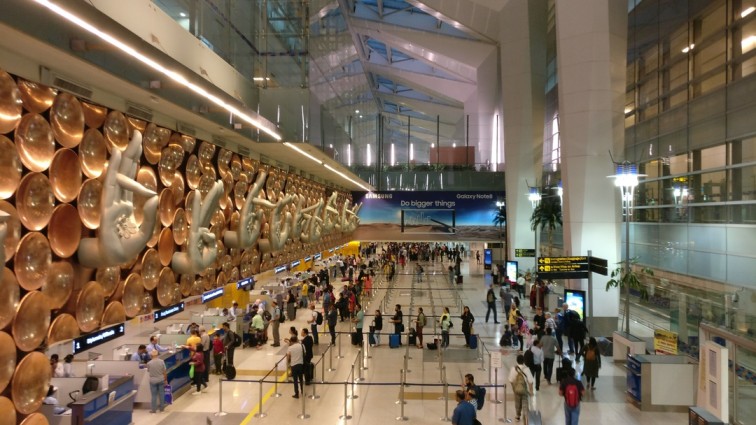Delhi’s IGIA Becomes 1st Indian Airport to Get Net Zero Carbon Emissions Status
The facility is the first airport in India to achieve net zero carbon emission airport status, a level 5 certification, under the ACI’s carbon accreditation program.
Indira Gandhi International Airport on Wednesday said that it has achieved the net zero carbon emission status approved by a global aviation council’s accreditation program.
The facility, managed by GMR Group, became the first airport in India to achieve “net zero carbon emission airport status, a level 5 certification, under the Airport Council International’s carbon accreditation program.
A level 5 certification under the ACI’s carbon accreditation program represents the highest level of achievement in airport carbon management.
It necessarily means that the airport has achieved and maintained at least a 90 percent reduction in direct and indirect carbon emissions.
“The remaining residual emissions have been addressed through approved offset removals, fulfilling the stringent requirements of the ACI program,” said Delhi International Airport Ltd., the operator of IGIA, in a statement.
DIAL had initially aimed to become a net zero by 2030 but achieved that “through efforts, innovative strategies and proactive initiatives such as adoption of renewable energy, development of green airport infrastructure, and implementation of zero waste to landfill programs,” it said.
“We are committed to further reducing greenhouse gas emissions our carbon footprint and exploring sustainable aviation fuel options to address Scope 3 emissions,” said DIAL CEO Videh Kumar Jaipuriar.
Scope 3 emissions are indirect greenhouse gas emissions that are indirectly influenced by a company’s activities but happen outside its scope of operations such as, for instance, releases from the production and transportation of raw material.
“Achieving ACI’s Level 5 certification well before our target date is a testament of our dedication to sustainability and innovation,” Jaipuriar added
The IGIA has been at the forefront of implementing sustainable practices within the aviation industry. For instance, the airport has made substantial investments in energy-efficient technologies, including LED lighting, solar power installations, and energy-efficient HVAC systems.
Many of the airport’s terminals and facilities are designed and constructed to meet green building standards, reducing their environmental impact.
It has obtained various sustainability certifications, such as LEED (Leadership in Energy and Environmental Design) and ISO 14001 (Environmental Management System), demonstrating its commitment to environmental responsibility.

